Bangladesh Requires Rooftop PV Systems for Large New Buildings
The Government of Bangladesh requires new residential, educational, medical, industrial and commercial buildings to be equipped with net metering solar systems as a prerequisite for grid integration.
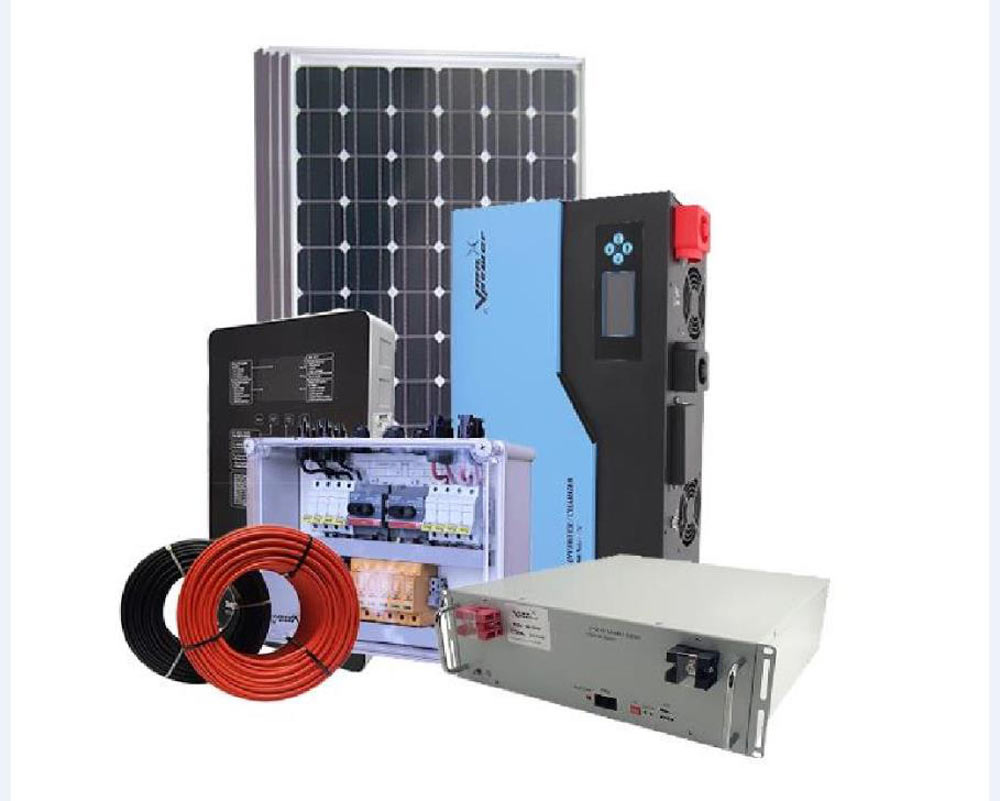
As a result, the country will see a significant increase in rooftop PV generation.
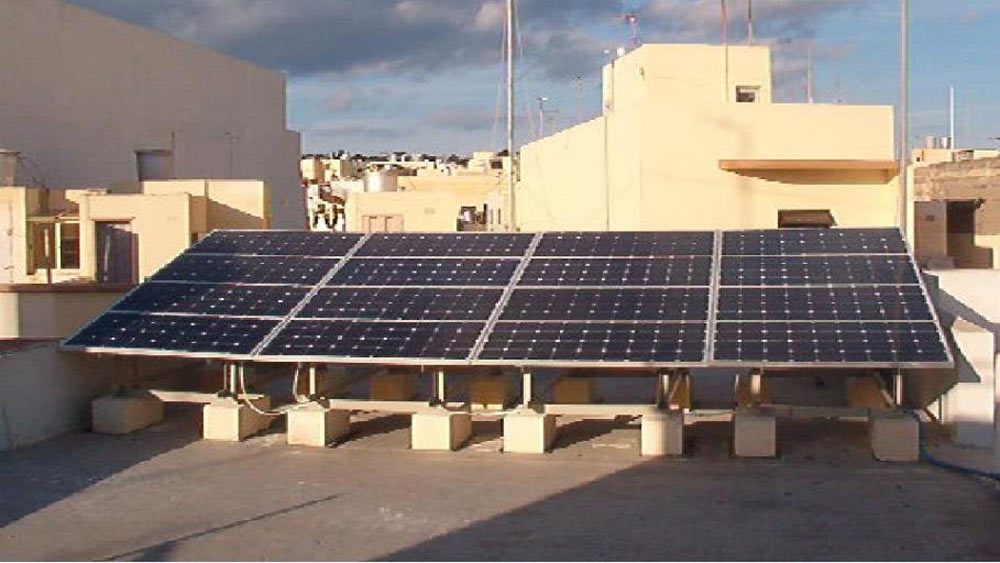
TEEJOINSOLAR has also learned from customers in Bangladesh that the new regulations also require that commercial and industrial customers with a grid-connected capacity of less than 80 kW must install a rooftop PV system equal to 15 percent of their total load.
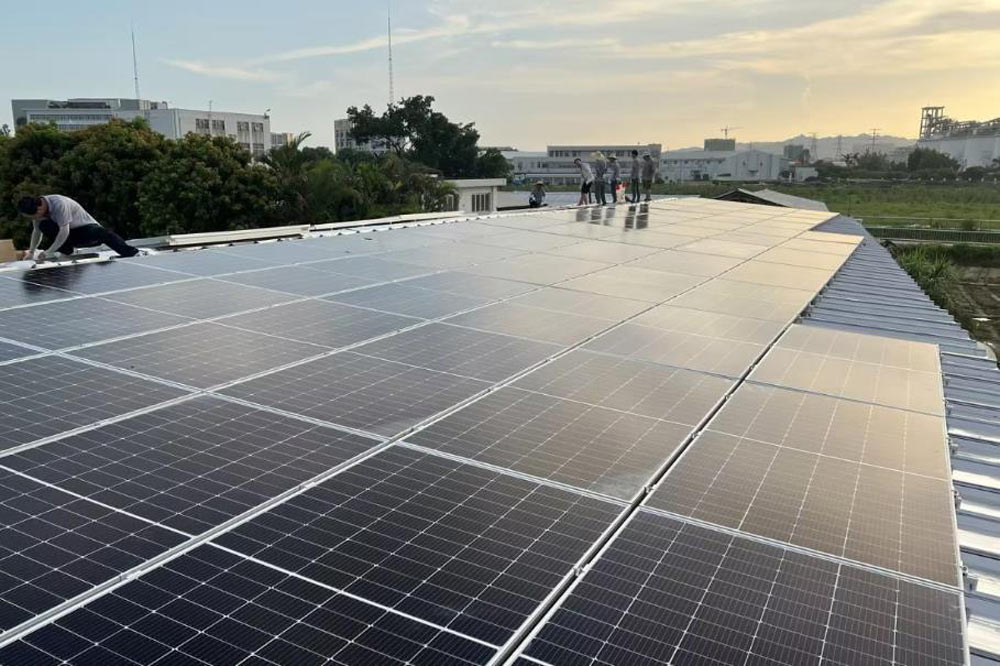
Customers with a grid-connected capacity between 80 and 500 kW must install a PV system equal to 12% of their load capacity, while customers with a load capacity greater than 500 kW must install a rooftop array equal to 10% of their load capacity. Existing buildings wishing to increase their grid-connected load capacity must also comply with the same requirement to install additional rooftop solar systems.
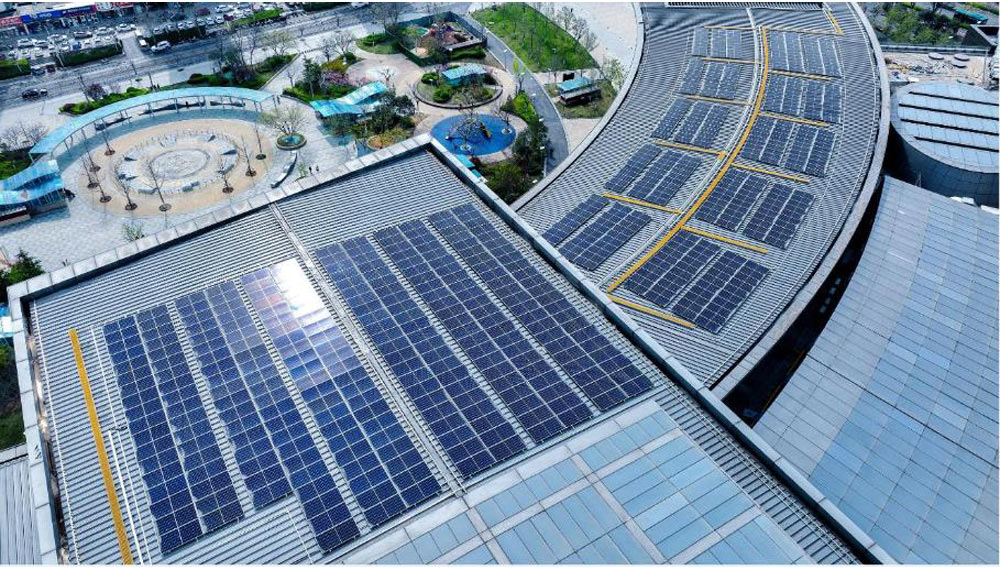
It was also stated that rooftop solar systems would contribute hundreds of megawatts of electricity per year. Mandatory installation of net-metered PV systems is easier to implement for new buildings, as they must comply in order to be connected to the grid.
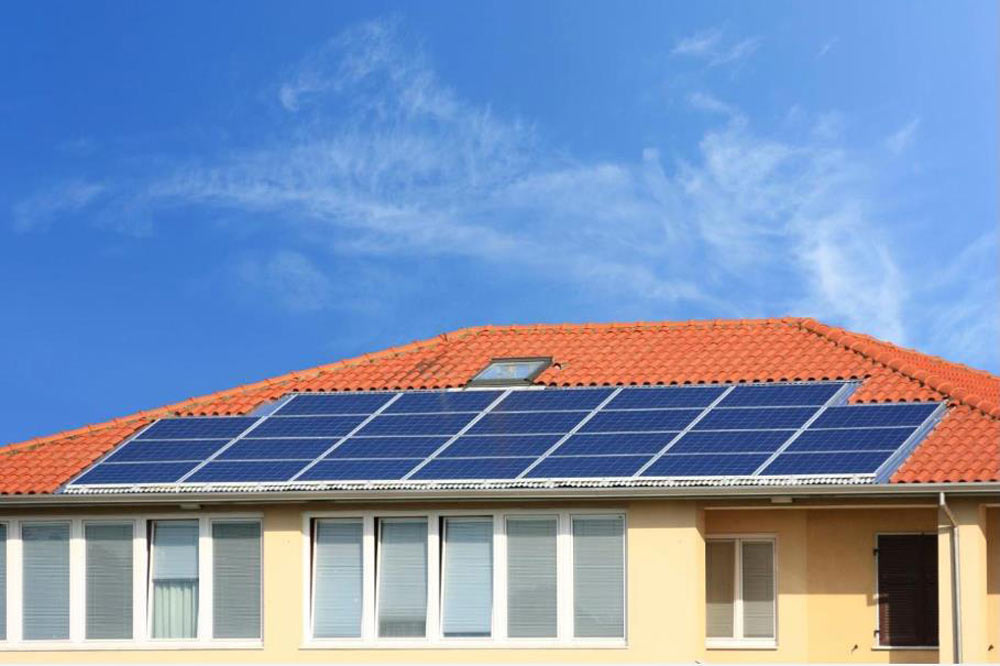
About 40,000 new residential buildings will be built in Bangladesh every year, and if each building installs an average of one 2-kilowatt system, it could provide about 80 MW of electricity. He also noted that commercial and industrial buildings with higher electricity loads would install larger rooftop solar systems, which would further increase power generation.
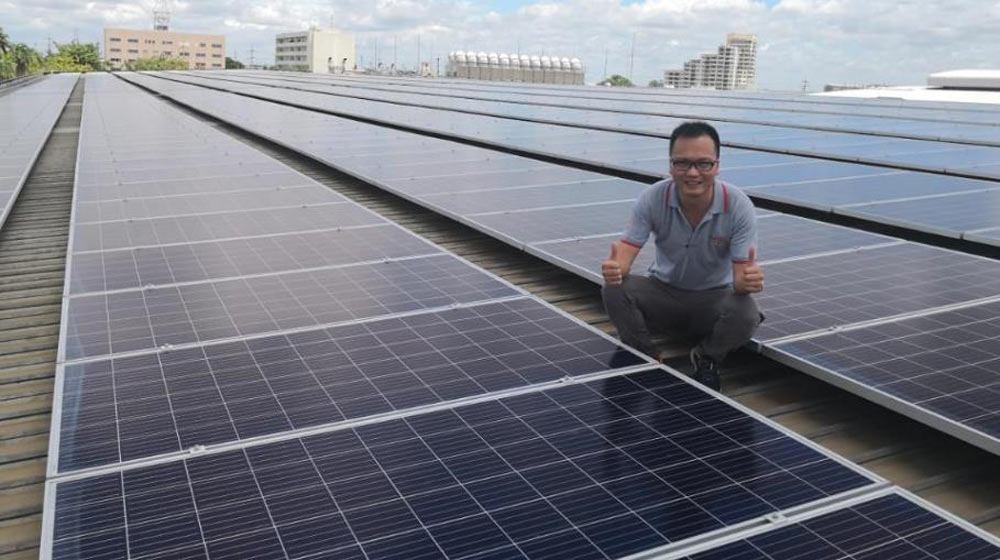
Bangladesh's clean energy generation totaled 1,194.63 MW, of which 84.837 MW came from net-metered rooftop solar systems and 70.301 MW was provided by non-net-metered rooftop photovoltaic systems.
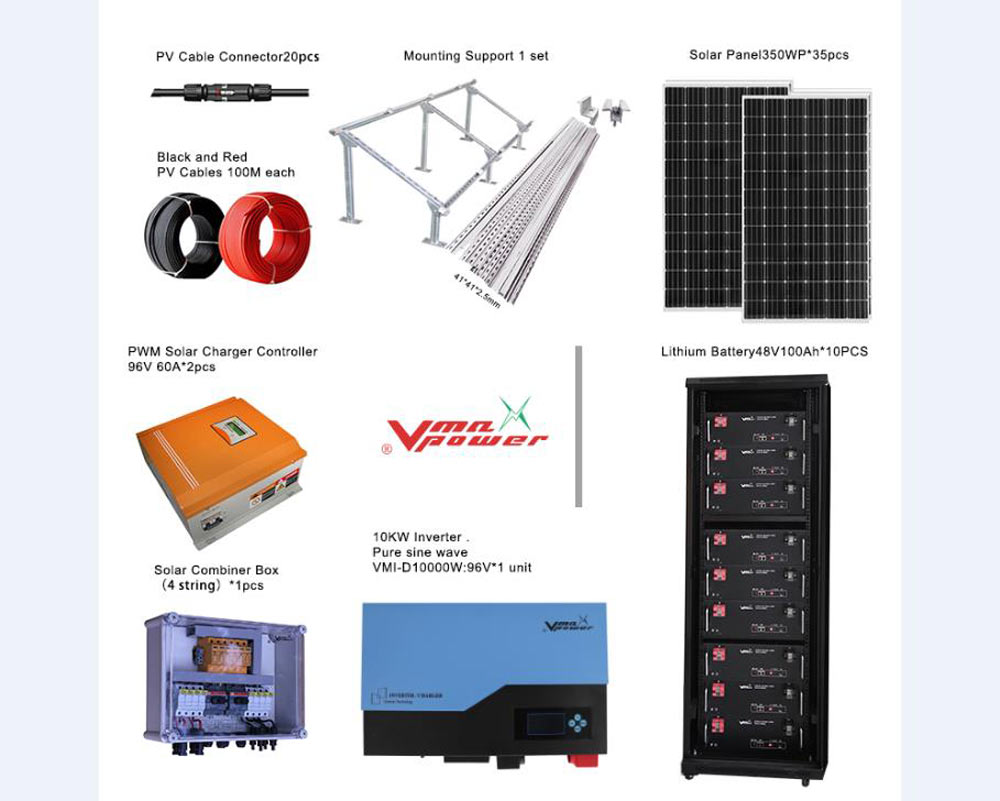
TEEJOIN SOLAR will also increase its efforts and production capacity, and use the high-quality, reliable and cost-effective photovoltaic system products in the construction of clean energy in Bangladesh, assisting the local government in accelerating the construction, realizing a high proportion of clean energy in the country, benefiting the people of Bangladesh, and realizing the ultimate goal of low-cost electricity and clean electricity!



